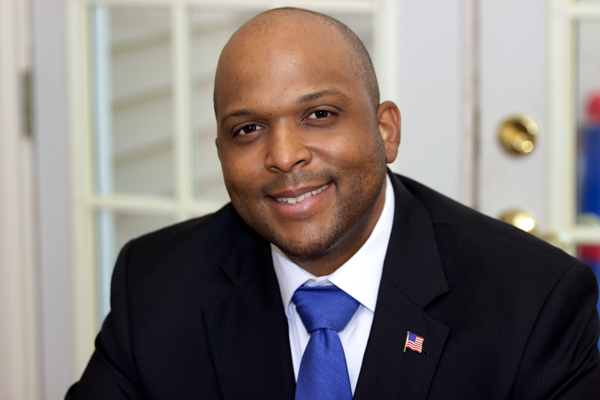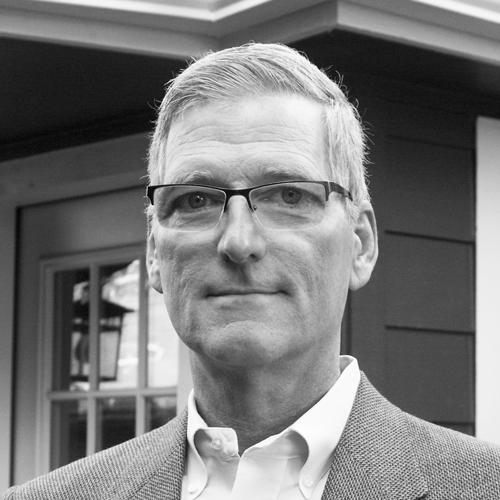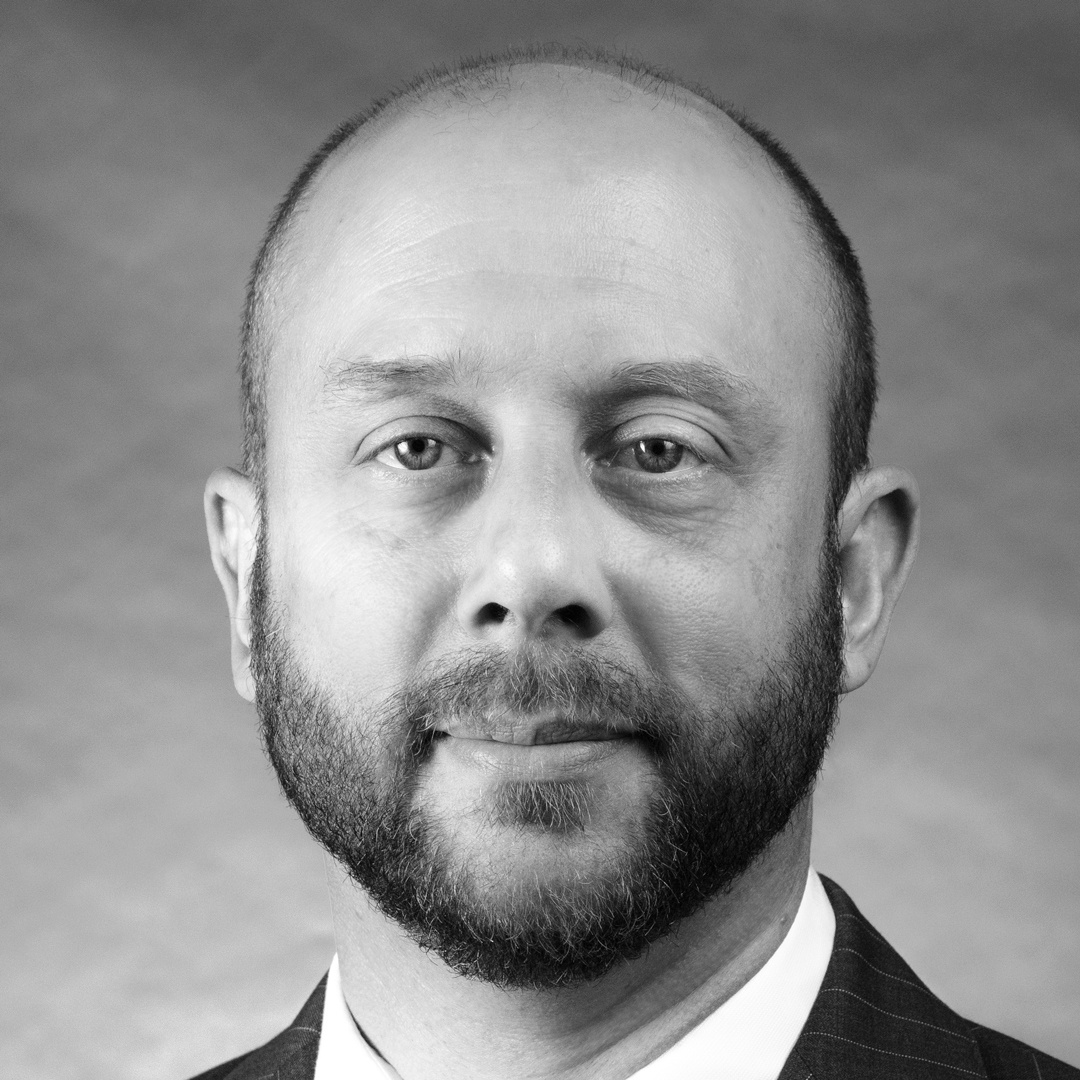
Jonathan Wright always planned on becoming a healthcare professional—just like his parents and fourteen physicians on his father’s side over several generations, including Buffalo, New York’s first black pediatrician. His plans changed, however, when he discovered a greater affinity for the law. But that didn’t stop Wright from pursuing a career in the healthcare industry in a different capacity.
Today, Wright is making a major impact as the chief legal officer at QPharma, the industry leader in cloud-based software and sales for life sciences. Wright has been able to address several significant business priorities since he joined the company in 2015. First, he helped streamline contract management and processing—activities that had historically been influenced by the sales and marketing department. He succeeded at improving the existing systems and structures by enlisting his business colleagues as teammates in the endeavor.
“Changing processes that have been in place for several eras requires honest, in-person conversations to build trust,” Wright explains. “Without that, I’d just be the lawyer down the hall who’s telling everyone that the status quo isn’t good enough anymore.”
Relationship- and consensus-building is a recurring theme for Wright. In another instance, mid-way through assembling a Software-as-a-Service (SaaS) agreement for one of QPharma’s major pharmaceutical clients, he was given full responsibility for completing the project. Although he had the necessary legal expertise, he was now faced with quickly needing to become a technical expert in order to address the specialized details of the agreement. Through a referral, he was connected with Tony Diaz, one of the company’s IT specialists.
“This was an unusual alliance because Tony and I wouldn’t have normally crossed paths,” Wright says. “But this became one of my go-to relationships—someone I can always turn to in order to explain various technical issues. It’s teamwork at its finest.”
Recently, Wright completed work on preparing QPharma for complying with the European Union’s General Data Privacy Regulation (GDPR). It requires companies handling personal information about any EU citizen to adhere to a set of stringent protocols intended to protect the privacy of the data and to ensure that extensive systems and services are in place to do so. That was “a little unsettling,” according to Wright, because the GDPR is not nearly as clear about how the requirements will be enforced as it is in spelling out the requirements themselves.
To gain internal cooperation, he directly addressed the hesitation that many people have when dealing with lawyers. “I made it clear that assembling what we needed to demonstrate timely GDPR compliance had nothing to do with assessing blame, finding fault, or forcing anyone to change their revenue generating practices,” he says. “That resulted in a very transparent dialogue and seamless collaboration toward gathering all the needed information.”
Wright is aware that he has cultivated what he calls a “Mr. Ethics” brand for himself. That means it is not uncommon for him to be in the position of saying what others may not want to hear, such as in 2017 when QPharma acquired MedStart, which manufactures the MedStart Cabinet—a kiosk that automates drug dispensing for physicians, increases reporting transparency, and eliminates conflicts with some organizations’ prohibition on physicians meeting with pharmaceutical sales representatives.
Although due diligence was proceeding without complications, Wright routinely asked for additional certifications to ensure there were no “gray areas” that QPharma might inherit as part of the transaction. Eventually, he received evidence that included research documents and an advisory opinion letter between MedStart and the Centers for Medicare & Medicaid Services (CMS) that demonstrated appropriate action on a matter that had initially concerned him.
“You have to have the courage of your convictions to stand up and explain why what you’re pushing for is in the best interest of the company,” Wright says. “Giving in to fear or pressure to do otherwise can lead to missing risks that you knew might be there but didn’t adequately address.”
Wright has also pledged to be wary of instances in which full compliance with the law can still lead to what he considers to be unethical behavior. If he is called into negotiations, for example, he makes a point of asking other parties if their lawyers have been apprised of the ongoing conversation, or if they need to be. In collections situations, he will always opt for a personable, face-to-face meeting to discuss amicable solutions over “legal strong-arm” tactics whenever possible.
“Business moves at such a fast pace that, as lawyers, we sometimes get caught up in acting as business partners and forget—even momentarily—about legal responsibilities,” he says. “Therefore, we have to make ethics a conscious part of our practice.”
Although he may not have pursued the traditional healthcare route, it’s safe to assume that Wright’s relatives who are healthcare professionals are proud of the new legacy that he is creating.
Off the Clock with Jonathan Wright
This past spring, Jonathan Wright published his second book, The King of Lunches: How to Get Ahead by Breaking Bread. In it, Wright provides guidance for effective networking.
“Simple likeability has a lot to do with whether or not you’re successful in connecting with others,” Wright explains.
He offers practical advice, such as why being proactive is essential. “People often hesitate to approach the ‘power dragon’—the person you want to establish a relationship with,” he says. “But inaction only magnifies the fear and anxiety. The more action you take toward what you want, the smaller those concerns become.”
Photo: Jake Danishevsky

